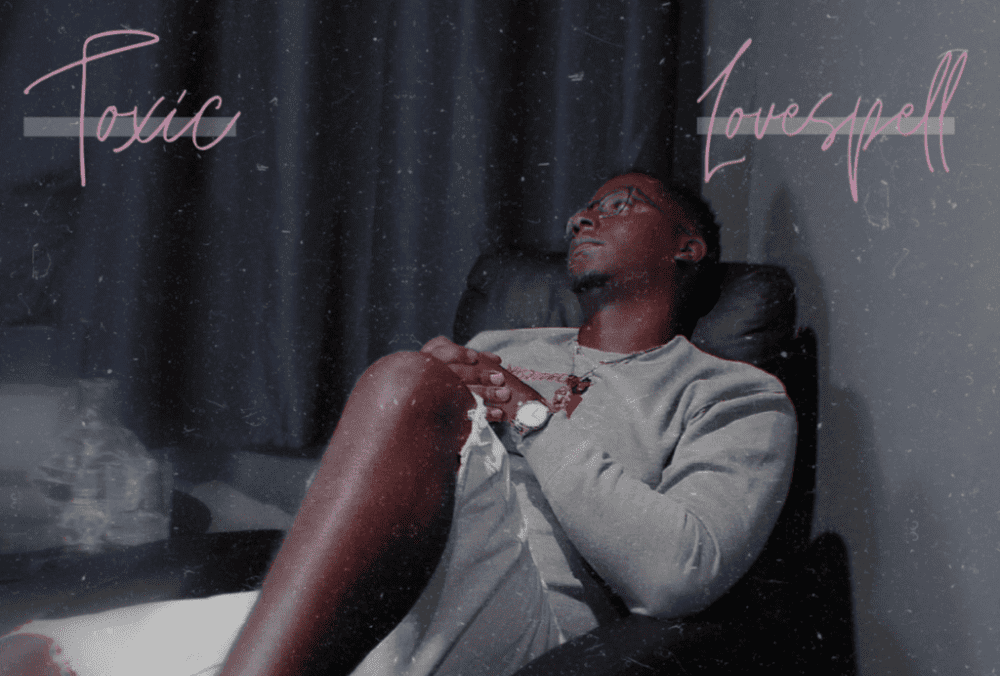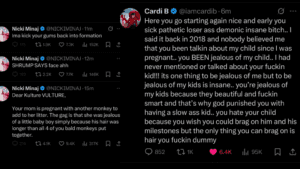J’Moris Uncovers Love’s Ugly Truths in New Music

By all accounts, J’Moris is not here to romanticize the mess. With Toxic Lovespell, the Hillsboro, Texas rapper delivers an album that refuses to wear a filter. He leans into contradiction, into pain, into the sweet-and-sour dynamics of love gone sideways—and he does so with a lyrical candor that’s as arresting as it is vulnerable.
This isn’t just another rap album about heartbreak; it’s a reflection of what happens when attraction becomes addiction. The title itself, Toxic Lovespell, speaks to the paradoxes J’Moris wrestles with throughout—desire that burns too hot, intimacy that collapses into chaos, and a pursuit of connection that edges into self-destruction.
Raised in a town where love stories often unfold under fluorescent lights and harsh realities, J’Moris brings the grit of real-life relationships into sharp focus. He doesn’t rely on romantic clichés or fairytale resolutions. Instead, he chronicles the emotional back-and-forth with raw immediacy—like a friend talking to you over a late-night drive, not a performer preaching from a stage.
The standout track, “Ice Cream,” may sound indulgent on the surface, but beneath its silky beat lies a haunting meditation on temptation and self-sabotage. It’s seductive, sure—but it’s also suffocating. That duality, the “sweet that stings,” feels like the album’s mission statement. In a hip-hop landscape often dominated by posturing and bravado, J’Moris opts for brutal honesty, even when it makes him look less than heroic.
The production throughout is understated but deliberate. Beats are chosen not for flash, but for feeling. J’Moris lets the sonics breathe, giving his storytelling room to land. Whether it’s a track about infatuation’s highs or the fallout that follows, there’s an emotional throughline that never wavers. These are songs born from lived experience, not studio formulas.
And it’s not just about love. Toxic Lovespell also doubles as a broader meditation on identity, faith, and personal growth. J’Moris, who cut his teeth in the church and was shaped by the mentorship of his brother Crunch, carries that spiritual foundation with him—even when the subject matter turns profane. There’s a sense of grounding, of moral reckoning, that lingers behind the bars. It’s what gives the record its surprising depth.





